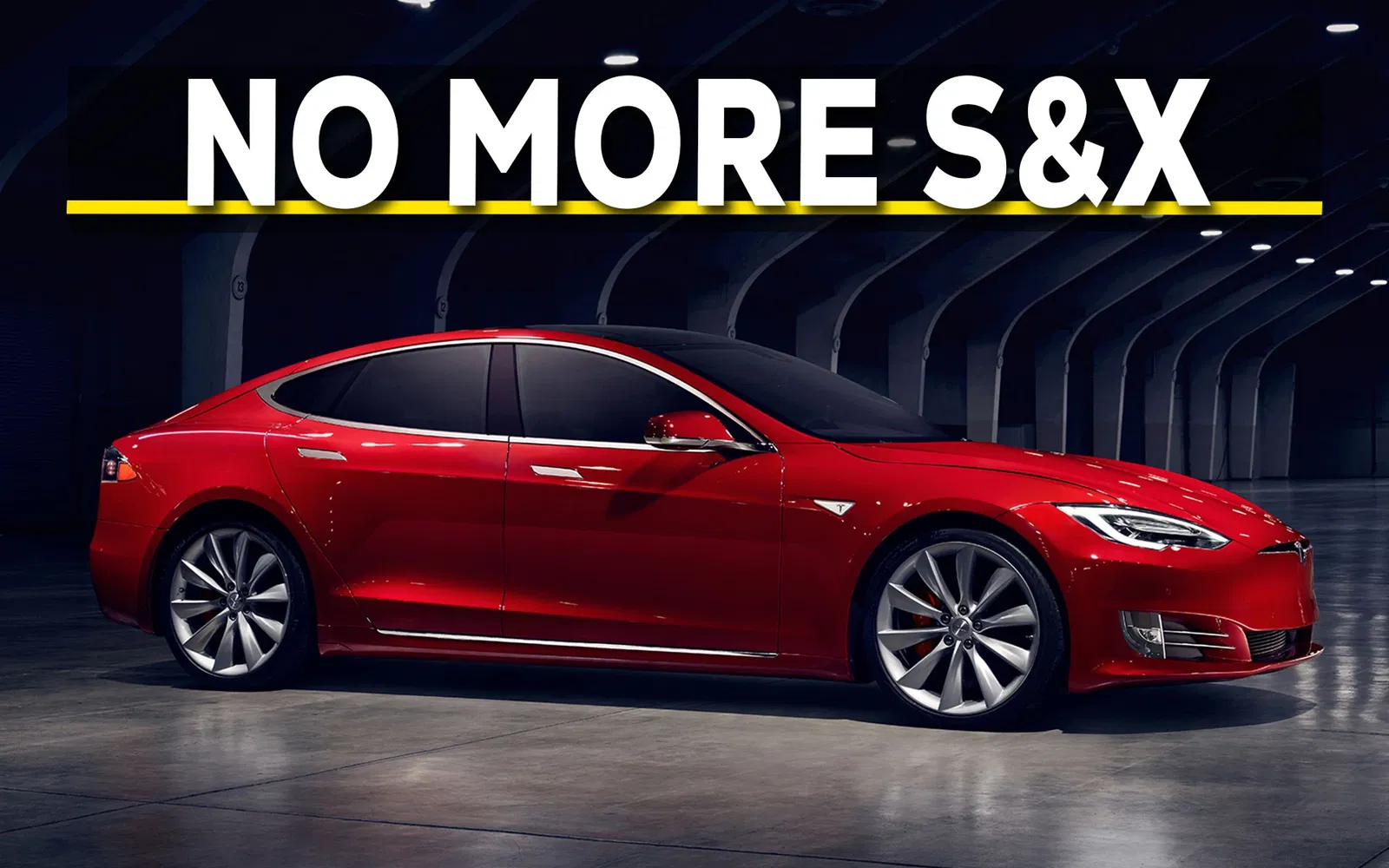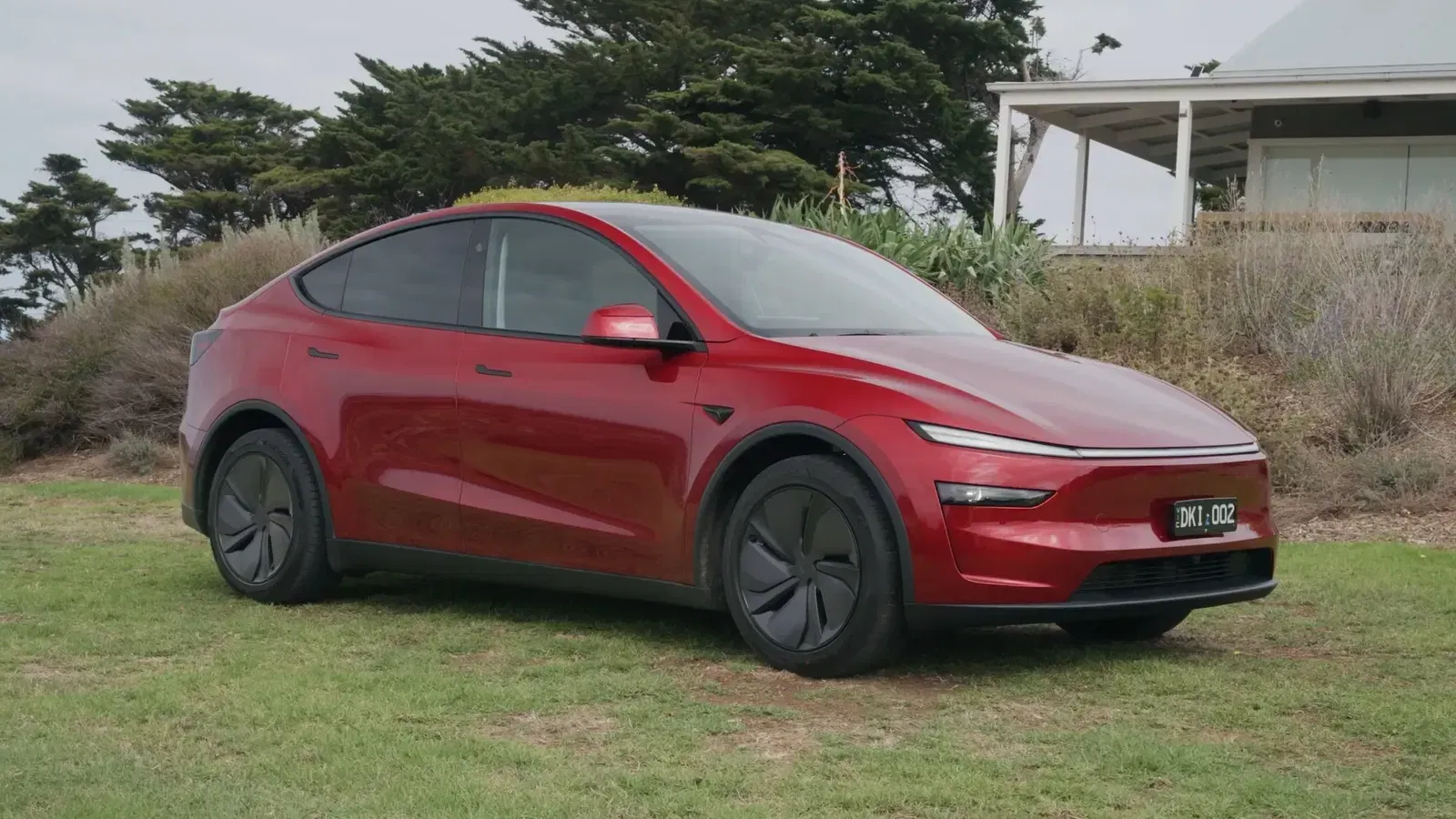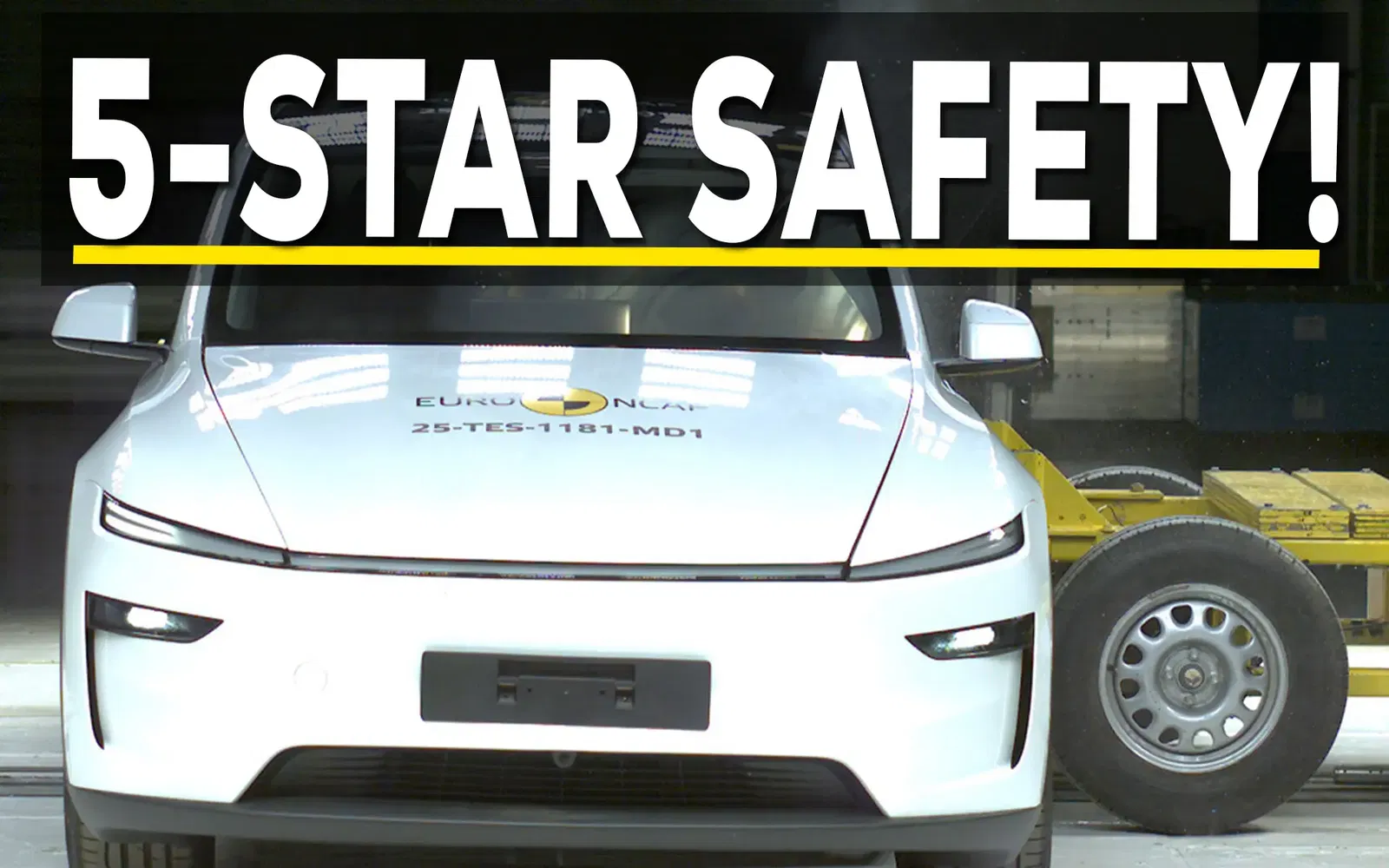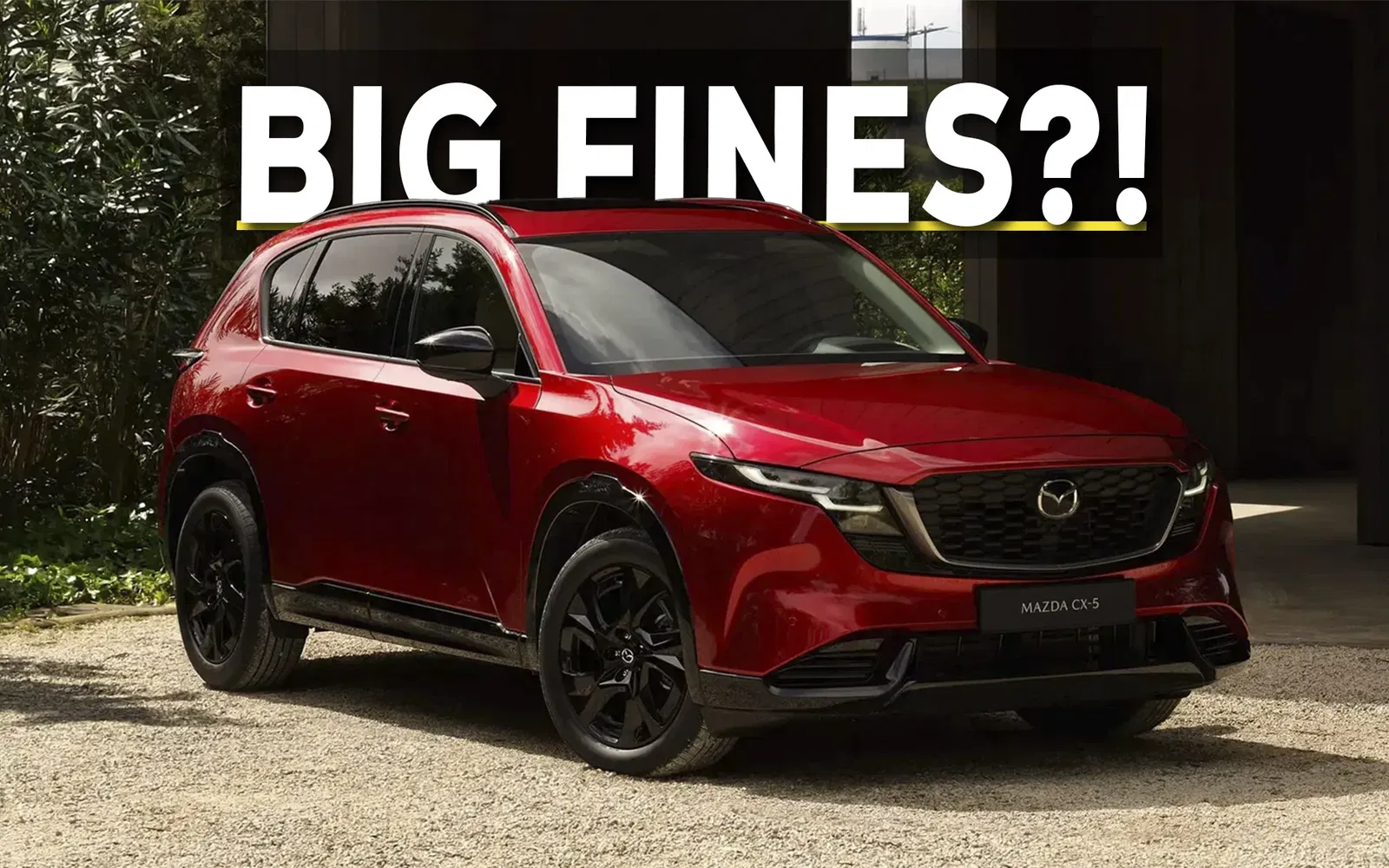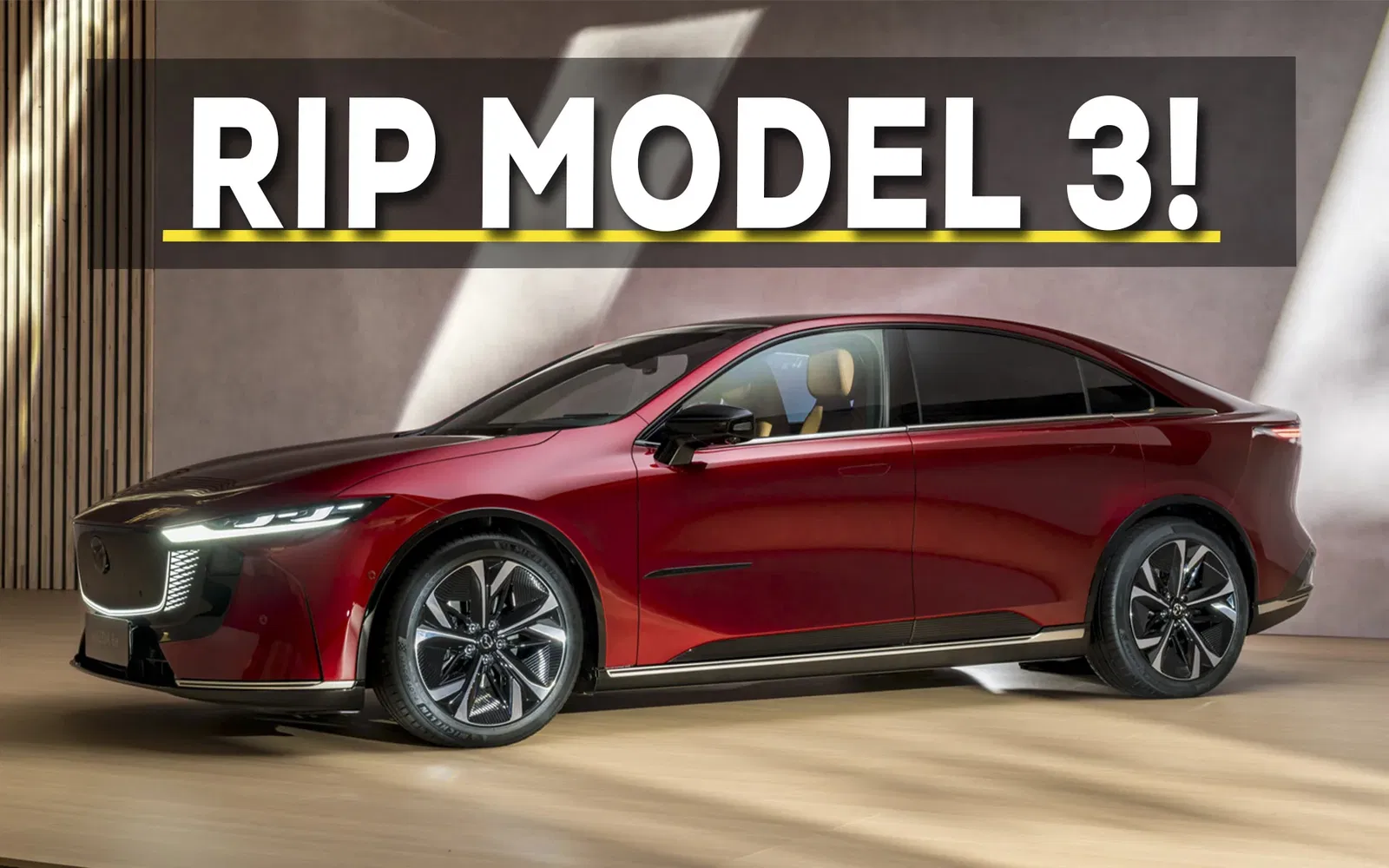Tesla, the trailblazing electric vehicle manufacturer, is possibly gearing up to introduce a new payment model for certain in-car features, notably the heated front seats and windscreen wipers. This move, revealed through the company's latest software update, has sparked discussions among Tesla enthusiasts and industry observers.
A deep dive into Tesla's newest 2023.38.8 vehicle software update by renowned Tesla software hacker, GreenTheOnly, hints at the potential shift. GreenTheOnly, known for unveiling hidden features in Tesla's software, noticed that the all-electric automaker may start charging new Model 3 owners for the previously standard heated front seats and heated windscreen wipers.

Tesla has a history of locking certain hardware features behind a paywall. This includes the footwell lights in the Model 3 and extra battery capacity in older Model S and X vehicles. Notably, Tesla had charged for heated rear seats in some Model 3 variants, a practice stopped in 2022. The possibility of these new charges introduces a novel concept for the brand, marking the first time Tesla would charge for heated front seats and wipers if implemented.
This potential change in Tesla's pricing strategy might be a part of a broader move to lower the base price of the Model 3, enhancing its affordability while opening avenues for additional revenue post-sale. The approach mirrors Tesla's previous strategy of reducing costs through adjustments in convenience features such as interior lighting and sound systems.

Another significant discovery in the update is the software-locked battery capacity for the Model Y's Standard Range trim. This approach isn't new to Tesla and suggests a strategy to streamline production methods across different trims and models.
The reaction to these potential changes has been mixed. Some customers recall similar attempts by other automakers, like BMW's short-lived heated seat subscription model, which faced significant backlash. Tesla's move, if confirmed, could reshape the EV ownership experience, adding a layer of post-purchase customization through software.
As of now, there is no official word from Tesla regarding the implementation of these charges or the costs associated. Tesla enthusiasts and potential buyers are keenly waiting for further announcements, as these changes could significantly impact the user experience and ownership costs of Tesla vehicles.
With the electric vehicle industry rapidly evolving, Tesla's decision, whether to implement these charges or not, will be closely watched as an indicator of future trends in software-defined vehicle features and monetization strategies.



FAQ
Sign up to our newsletter
Be the first to know when we drop new car reviews.
.avif)

